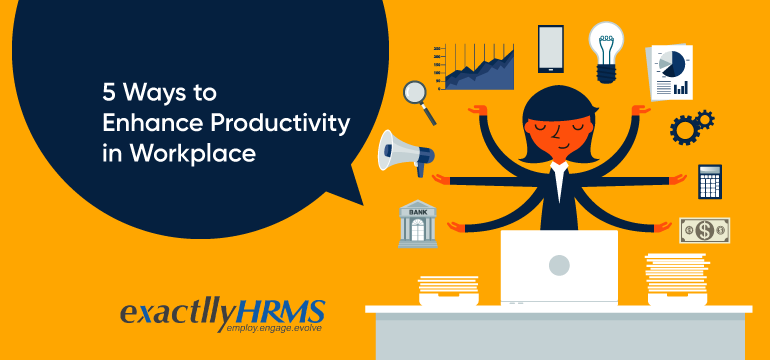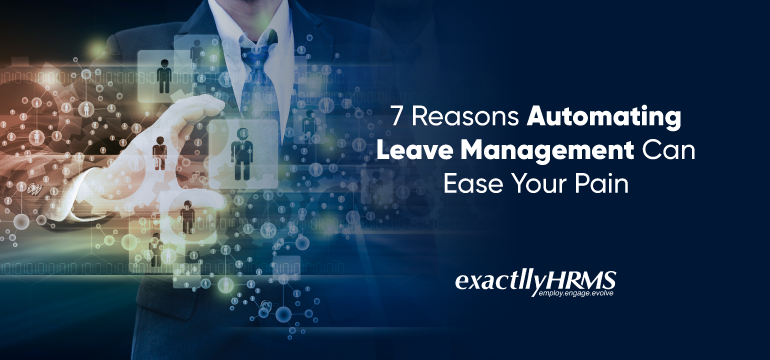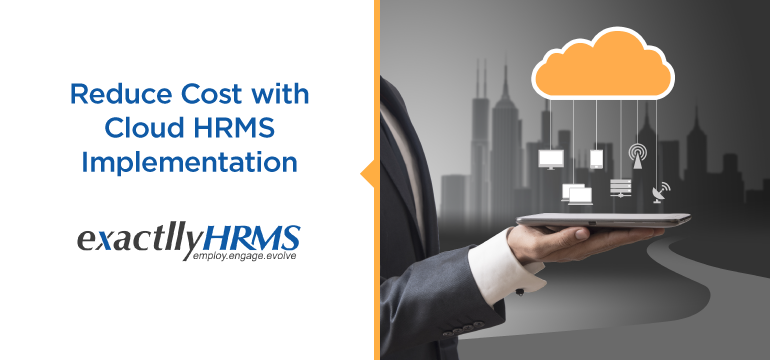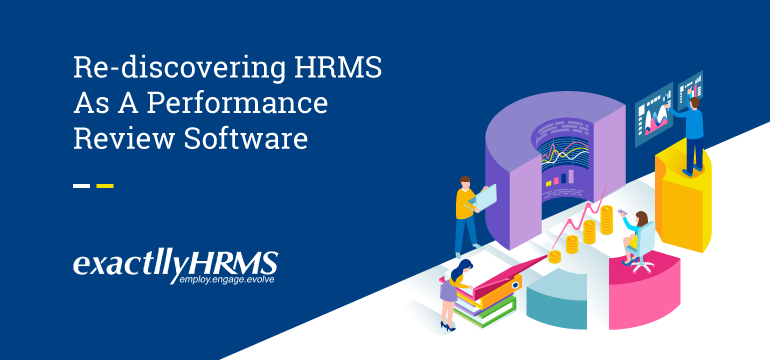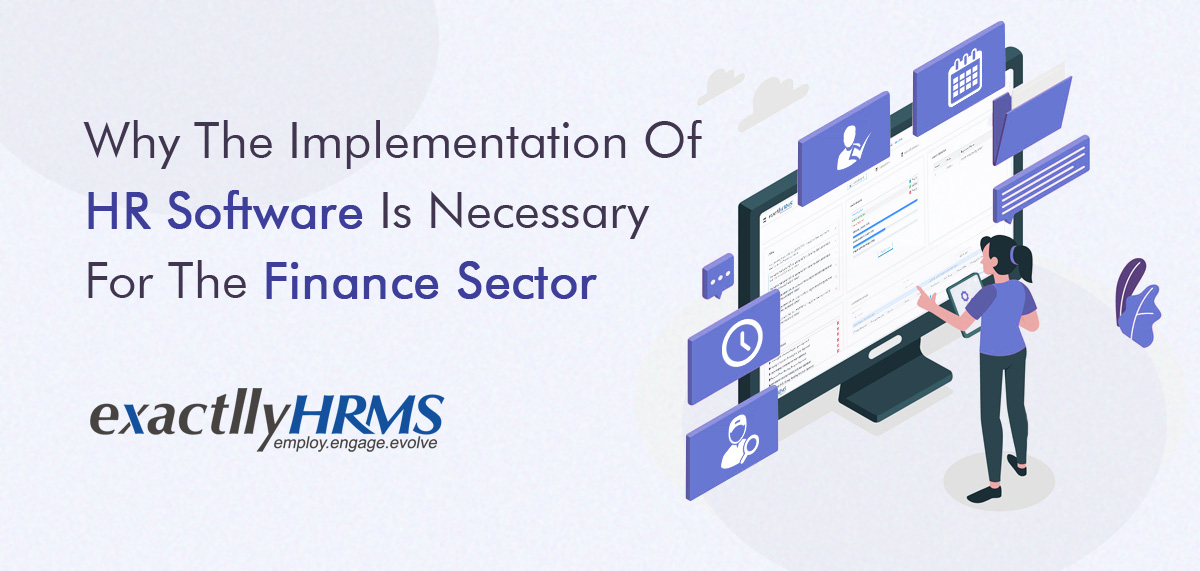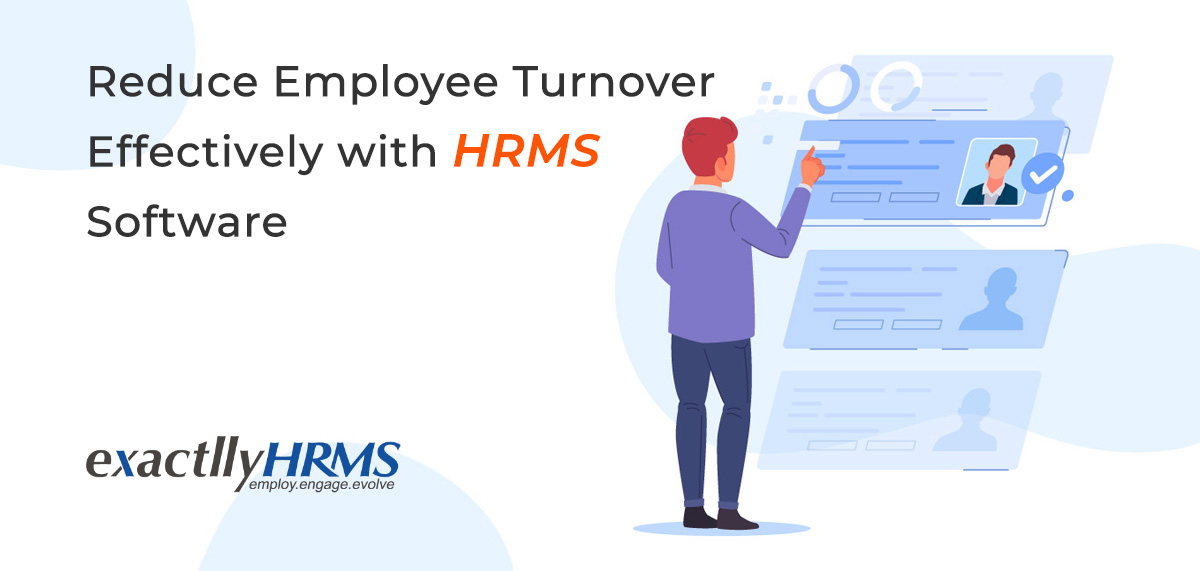5 Reasons to Allow Your Employees to Be Independent

A good HRMS can help you set your employees free, and allow them to become truly autonomous. Employee Self Service, which is often delivered via cloud as a SaaS or a web portal, can be integrated within HRMS in order to boost your employees’ autonomy. Employees who have ample autonomy are known to work more efficiently, and find an impressive work-life balance. Unfortunately, many businesses are reluctant to integrate ESS within their HRMS because they are used to micromanaging the affairs of employees.
Employee Self Service sets your employees free, but are you scared of their freedom?
Via ESS, employees can quickly edit personal details, seek appointments and apply for holidays, change tax-related information, access important documents, and view payroll history. They can also seek certain basic training via self service modules.
These are all HR processes that are still dealt by HR managers, often distracting HR managers from more intensive tasks such as policy-making and building human-human relationships. One of the biggest fears of managers and employers is to let go of employers, and allow them to work independently. In an era when work-from-home (WFH) and flexible timings are commonplace, more freedom needs to be vested in employees even when they are on campus.
If you are still scared of letting employees do their own thing via ESS, here are a few reasons why you should allow your employees to be independent.
1. HR managers gain more time
One of the biggest issues that HR managers have today is that they do not have time to make and implement important policies. Instead, they spend a lot of time entering employee data, sanctioning leaves and helping them do their taxes. In addition, many HR managers often have to play the role of a counselor to their employees as well. Though this role is directly related to positive outcomes, entering data and sanctioning leaves leave most managers feeling burdened. If employees are allowed to do these things on their own, HR managers will have more time to make and implement policies, and build real relationships with employees.
2. Autonomy is correlated with productivity
Studies show that individuals who have freedom tend to be more productive. In an organizational setting, this is true too. When employees work in a state of autonomy, they tend to perform better. When they are micromanaged, their productivity levels go down. This is why, it is important to implement ESS and ensure that employees sense a degree of autonomy. This helps them to feel like they are in control of their lives, and be more productive. After all, nobody likes to run to the HR manager for every little thing, such as updating an address, which they can simply do on their own cellphones.
3. Employees feel more in-control
Psychological studies show that individuals who feel in control of their lives feel more positive about their lives in general. This is closely related to improved mental health outcomes, reduced stress levels and enhanced productivity. When you integrate ESS with your HRMS, younger effectively making your employees less stressed out and allow them to be in control of their lives. This means, they will take their work and lives more seriously, which has a direct positive impact on your bottomline figures.
4. Easier to comply with regulations
If there is one thing that ESS helps to do, it is to let employees write anonymous letters to their HR managers citing instances of harassment and bullying. Organizations need to attend to these complaints seriously and in most cases they do. However, employees do not feel free to approach their managers directly and complain about instances of harassment. ESS allows employees to make anonymous complaints that can be verified and corroborated using strict protocols to ensure fairness. At least, the initial communication can be done in privacy.
5. Data is always updated
Often, employees refuse to update their information or report changes in address, name, tax information, etc. to their managers because they simply don’t want to make that effort. When this is integrated into ESS, employees are more likely to update all their information and ensure correctness of data. In fact, by integrating gamification, you can even make database updating via ESS a fun and motivational activity. This will help you to ensure that all your databases are regularly updated and that only correct information is stored.
Consider integrating Employee Self Service with HRMS
As you can see, integrating Employee Self Service within HRMS has a number of advantages. If the freedom of employees makes you feel unnerved, please be assured that it only enhances their productivity. To begin with, when employees start to deal with minor issues and requests on their own, HR managers find more time to engage in intensive policy making. Next, autonomy is closely related to employee productivity, and will help you see better results as staff feels more in control of their lives. In addition, you will be able to comply with authorities by helping victims of harassment and workplace disputes to come forward without any fear. Finally, all your databases will be updated regularly as employees are often motivated inherently to keep their information up to date.
If you would like to integrate Employee Self Service (ESS) into your HRMS, please contact us today.

